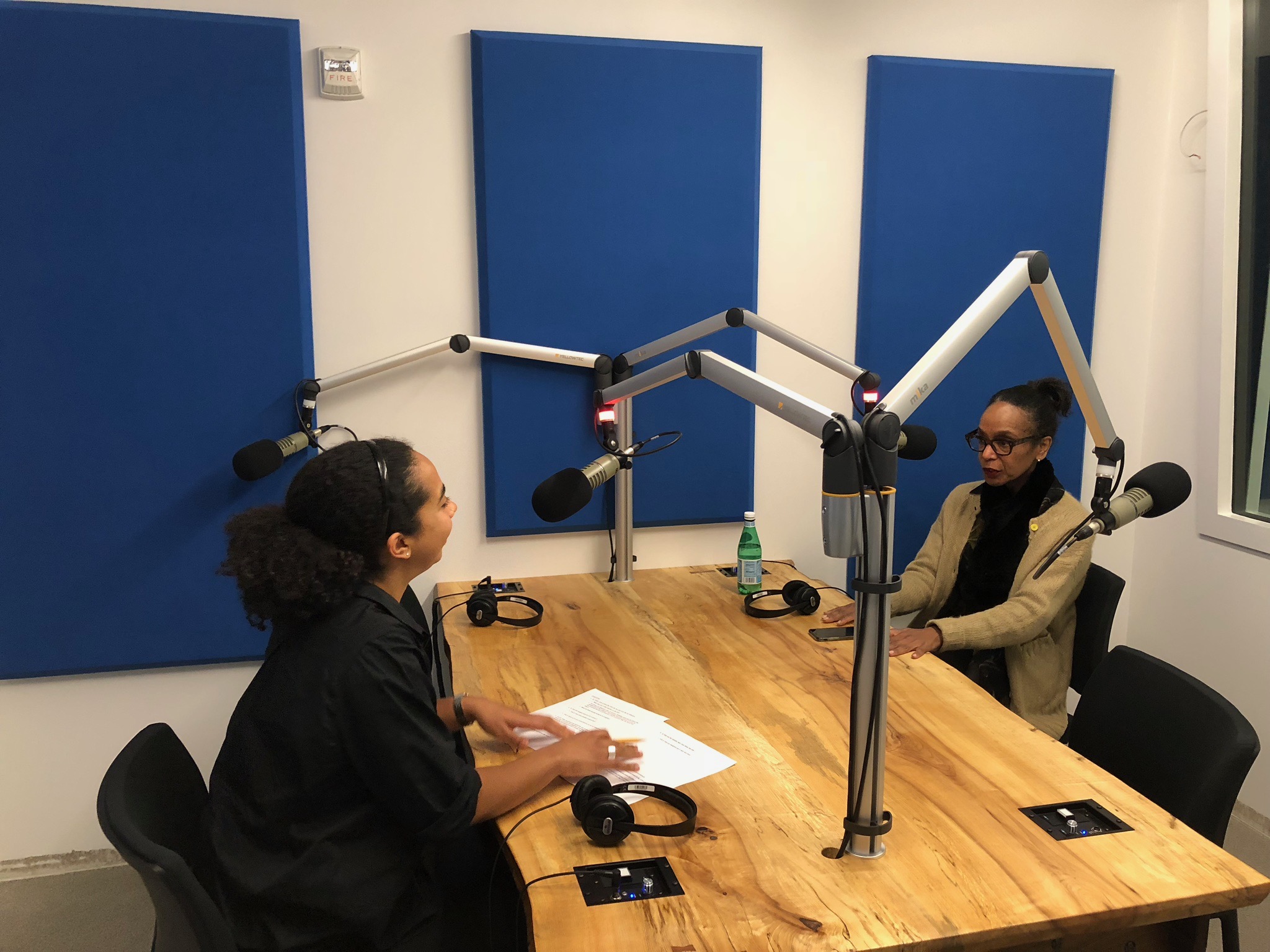Sign up for The Media Today, CJR’s daily newsletter.
Last week, The Washington Post started Post Reports, a daily news podcast. The show—which pulls its content from the Post newsroom, featuring interviews with the deep bench of reporters there—airs at 5:00pm, tapping into the market of people seeking news analysis during their commute home.
By design, the Post aims to satisfy a different need than the Daily, the popular podcast of The New York Times that runs at 6:00am. “Despite what people think, the podcast market is far from saturated,” Madhulika Sikka, the executive producer of Post Reports, says. “A later time slot allows us to do much more. People get a lot of news alerts during the day that they can’t really pay attention to.”
Martine Powers, the host, along with eight Post Reports colleagues, meets with newsroom staff every morning and evening to discuss story ideas. Each episode’s lineup is comprised of studio interviews with reporters on two feature or breaking news stories (occasionally a produced piece pulling from Post staffers’ audio gets in), followed by a shorter segment that Powers calls “One More Thing,” which is light in tone. (The Daily provides context on one or two major stories in the paper, followed by a “what else you need to know” segment briefly listing the world’s top stories of the day.) Powers says that the balance of formats will counter “news fatigue,” providing necessary information on the latest news while also “sliding into more thoughtfulness.”
“With this structure, we can jump into breaking news when we need to,” Powers says. On Tuesday, for instance, Post Reports held one of its planned features to cover President Trump’s Oval Office shouting match with Nancy Pelosi and Charles Schumer. The segment was followed by a story on the gender pay gap, focused on a lawsuit brought by Elizabeth Rowe, a flutist, against the Boston Symphony Orchestra. “The audio version still really felt like a Post story,” Powers says of that piece. “It was newsy and scoopy, but also quirky and unexpected. There were universal themes that actually say a lot of bigger things about where we are as a country and as a culture.” The episode ended with a quick look at rising sea temperatures in the Arctic. “I like the idea that you’re sort of leaving people behind to finish their evenings with more thought provoking story that they can reflect on,” Powers explains.
RELATED: A conversation with Martine Powers, host of Post Reports
Is Powers self-conscious that the Daily—which made its host, Michael Barbaro, a star and, according to Vanity Fair, will book ad revenue in the low eight figures this year? “The Daily’s not a problem, it’s beneficial,” Powers replies. Of getting into the news podcast business, she adds, “It feels really exciting this isn’t a niche thing anymore.”
Seven days in, Post Reports is still casting about for its voice. A recent “one more thing” segment awkwardly belabored a “love story” metaphor between an asteroid and a NASA probe. The second half of a cold case murder mystery fell far short of Part One, which had run a day before, the story’s narrative arc fizzling as it went. But if Post Reports can find its stride, it could fill an evening listening void. The Post declined to share download numbers, but a representative says that the newsroom has been “pleased” with the rate so far.
Before starting work on Post Reports, Powers was a Post reporter covering transportation and served as interim host of the Post’s Can He Do That? podcast—the Post website links to 14 different podcasts on topics ranging from history to race to weather. For Post Reports a new team was assembled.
Sikka, previously the executive editor of NPR, had recently left the news grind to consult and work as a part time editor at PBS. “I really thought I was not going back to a daily newsroom,” she says. But the Post made an extraordinary offer: “It’s the opportunity to create something new at The Washington Post,” she says, “but it’s also The Washington Post at this moment, when I think it’s one of the most important news organizations in the country.”
Has America ever needed a media defender more than now? Help us by joining CJR today.



